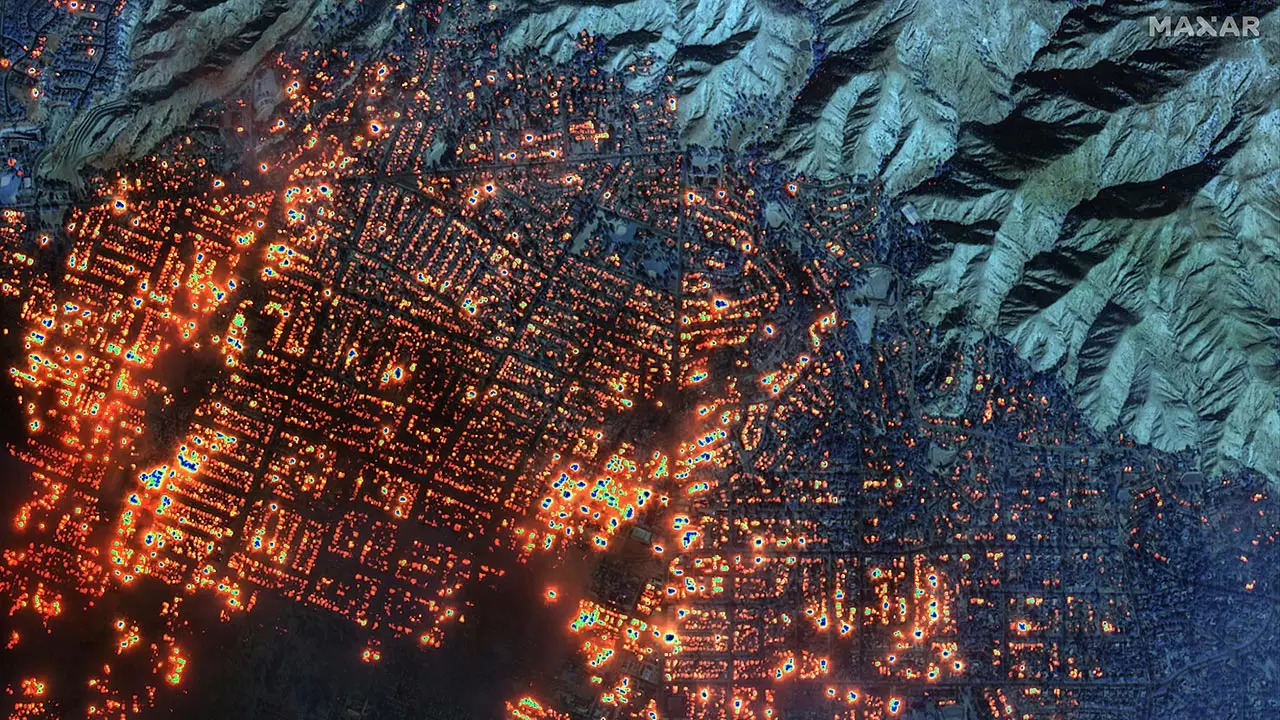Netherland’s Prime Minister Mark Rutte arrives to attend the European Political Community summit at the Palacio de Congreso in Granada, southern Spain on October 5, 2023.
Jorge Guerrero | Afp | Getty Images
Romanian President Klaus Iohannis on Thursday rescinded his bid for the leadership of the NATO military alliance and threw his support behind the favorite contender for the post, Dutch Prime Minister Mark Rutte.
Iohannis communicated his decision during a meeting of the Supreme Council of National Defense, saying he had informed NATO allies of his withdrawal at the end of last week, according to a statement from the Romanian Presidency translated by CNBC.
The move effectively clears the path for outgoing Dutch PM Rutte to assume the top position of the 32-member U.S.-led NATO military coalition, when incumbent Secretary-General Jens Stoltenberg finishes his mandate on Oct. 1 after 10 years in the job.
Secretary-generals must be unanimously backed by NATO allies. Iohannis had announced his intentions to participate in the race for the coalition’s leadership position back in March, championing the merits of a renewed, Eastern European perspective amid the ongoing war in Romania’s neighboring Ukraine. Iohannis, 65, is ending his second five-year round at the helm of Romania, which will hold national elections in September.
Rutte, a stalwart ally of Ukraine, has been widely regarded as the favorite in the competition for the top NATO job, but has faced — and recently surmounted — opposition from Hungary, which has retained friendlier ties with Russia. Two weeks ago, Budapest conceded not to block the NATO alliance’s deepening military support for Ukraine, in exchange for nonparticipation.
Days later, Hungarian Prime Minister Viktor Orban — a self-proclaimed peacemaker — announced that Rutte had vowed to honor this agreement and confirmed Hungary’s endorsement of the Dutch PM’s candidacy, as a result.
“After yesterday’s meeting in Brussels, PM Mark Rutte confirmed that he fully supports this deal and will continue to do so, should he become the next Secretary General of NATO. In light of his pledge, Hungary is ready to support PM Rutte’s bid for NATO Secretary-General,” Orban said.
Stoltenberg’s tenure ends at a critical time for the alliance, which faces the ongoing challenge of responding to the war in Ukraine. While Kyiv is not a member of the coalition — and cannot accede to it while an active conflict wages within its borders — NATO allies widely view Moscow as a threat to European security, in the event that the conflict spills into the broader region. This possibility has already led to the coalition’s enlargement, with Finland and Sweden abandoning their long-held policies of neutrality to join NATO in the more than two years since the invasion of Ukraine.
NATO will welcome a new secretary-general a mere month ahead of pivotal elections in the U.S., which could radically redefine ties between the alliance and the world’s largest economy. Incumbent White House President Joe Biden, who has thrown his hat into the ring for a second mandate, has been a staunch supporter of Kyiv. Among other measures, his administration passed a key foreign aid bill that earmarked over $60 billion for Kyiv, and the White House in recent weeks removed some restrictions on the defensive use of weapons it supplies Ukraine against targets in Russian territories.
Former U.S. leader and GOP presidential candidate Donald Trump has previously levied heavy criticism against NATO and against allies who failed to meet the coalition’s formal spending target, amounting to 2% of their GDPs. He has also threatened to drastically cut U.S. financing for Ukraine.





















Discussion about this post